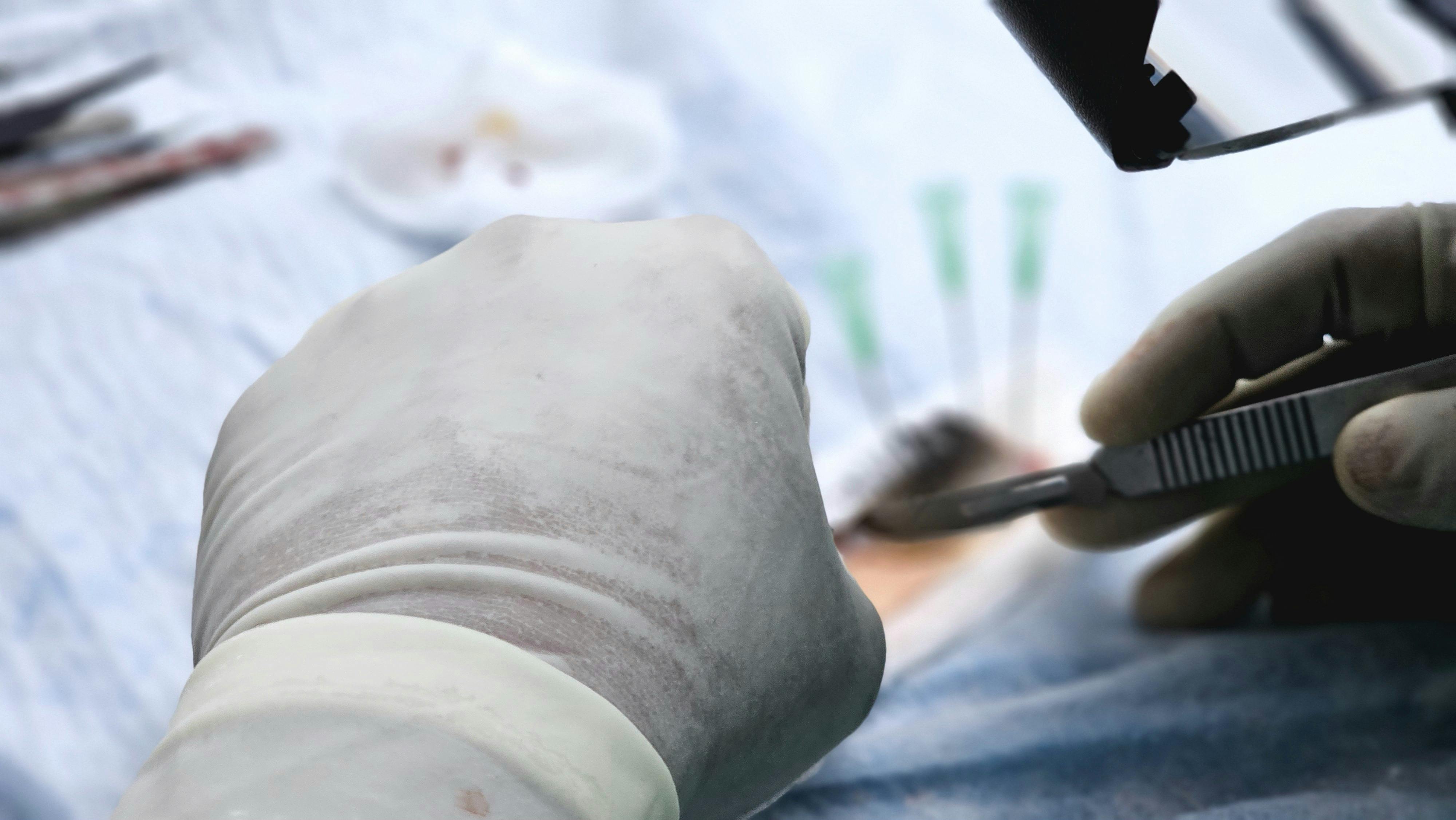Understanding Colon Cancer Treatment: Early Signs, Screening, and Options
Colon cancer is a serious health concern that affects thousands of people each year. Early detection and proper treatment are crucial for improving outcomes. This article will explore the key aspects of colon cancer, from early warning signs to treatment options, helping you better understand this important health topic.

What are the early signs of colon cancer you shouldn’t ignore?
Recognizing the early signs of colon cancer is vital for timely intervention. Some symptoms that should not be overlooked include:
-
Changes in bowel habits: Persistent diarrhea, constipation, or a change in stool consistency
-
Rectal bleeding or blood in the stool
-
Abdominal pain or cramping that doesn’t go away
-
Unexplained weight loss
-
Weakness and fatigue
While these symptoms can be associated with other conditions, it’s essential to consult a healthcare professional if they persist or worsen over time.
When is colon cancer screening recommended and how does it work?
Regular screening is crucial for early detection of colon cancer. The American Cancer Society recommends that people at average risk start regular screening at age 45. However, those with higher risk factors may need to begin screening earlier.
Common screening methods include:
-
Colonoscopy: A visual examination of the entire colon using a flexible tube with a camera
-
Fecal immunochemical test (FIT): A stool test that checks for hidden blood
-
Stool DNA test: Examines stool for specific DNA changes associated with colon cancer
-
Flexible sigmoidoscopy: Similar to a colonoscopy but examines only the lower part of the colon
Your healthcare provider can help determine the most appropriate screening method and frequency based on your individual risk factors and medical history.
What are the risk factors for colon cancer?
Understanding the risk factors for colon cancer can help individuals take proactive steps towards prevention and early detection. Some key risk factors include:
-
Age: The risk increases significantly after age 50
-
Family history: Having close relatives with colon cancer or certain inherited genetic conditions
-
Diet: A diet high in red and processed meats and low in fruits, vegetables, and fiber
-
Lifestyle factors: Obesity, sedentary lifestyle, smoking, and excessive alcohol consumption
-
Personal medical history: Inflammatory bowel diseases like Crohn’s disease or ulcerative colitis
-
Race and ethnicity: African Americans and certain ethnic groups have a higher risk
While some risk factors cannot be changed, adopting a healthy lifestyle and maintaining regular screenings can help reduce the overall risk of developing colon cancer.
Which symptoms may be mistaken for minor digestive issues?
Some colon cancer symptoms can be easily confused with common digestive problems, leading to delayed diagnosis. Symptoms that may be mistaken for minor issues include:
-
Persistent bloating or gas
-
Frequent abdominal discomfort or cramps
-
Unexplained nausea or vomiting
-
Feeling that the bowel doesn’t empty completely
-
Narrow stools or changes in stool shape
It’s important to pay attention to these symptoms, especially if they persist for more than a few weeks or worsen over time. While they may be due to less serious conditions, ruling out colon cancer is crucial for peace of mind and early intervention if necessary.
What treatment options are available in early vs late stages of colon cancer?
Treatment options for colon cancer vary depending on the stage of the disease at diagnosis. Early detection generally leads to more successful outcomes and less invasive treatments.
Early-stage colon cancer treatment:
-
Surgery: Removal of the tumor and surrounding tissue
-
Endoscopic mucosal resection: Removal of very early-stage tumors during colonoscopy
-
Minimally invasive surgery: Laparoscopic or robotic-assisted procedures
Late-stage colon cancer treatment:
-
More extensive surgery: Removal of larger portions of the colon or nearby organs
-
Chemotherapy: Use of drugs to kill cancer cells throughout the body
-
Radiation therapy: High-energy beams to target and destroy cancer cells
-
Targeted therapy: Drugs that specifically attack cancer cells based on their genetic makeup
-
Immunotherapy: Boosting the body’s immune system to fight cancer cells
Treatment plans are often individualized, taking into account the cancer’s stage, location, and the patient’s overall health and preferences. A multidisciplinary approach involving surgeons, oncologists, and other specialists is often employed to provide comprehensive care.
In conclusion, understanding the early signs, risk factors, and treatment options for colon cancer is crucial for early detection and improved outcomes. Regular screening, maintaining a healthy lifestyle, and promptly addressing persistent symptoms are key steps in managing the risk of colon cancer. Remember, early detection can make a significant difference in treatment success and quality of life for those affected by this disease.
This article is for informational purposes only and should not be considered medical advice. Please consult a qualified healthcare professional for personalized guidance and treatment.




